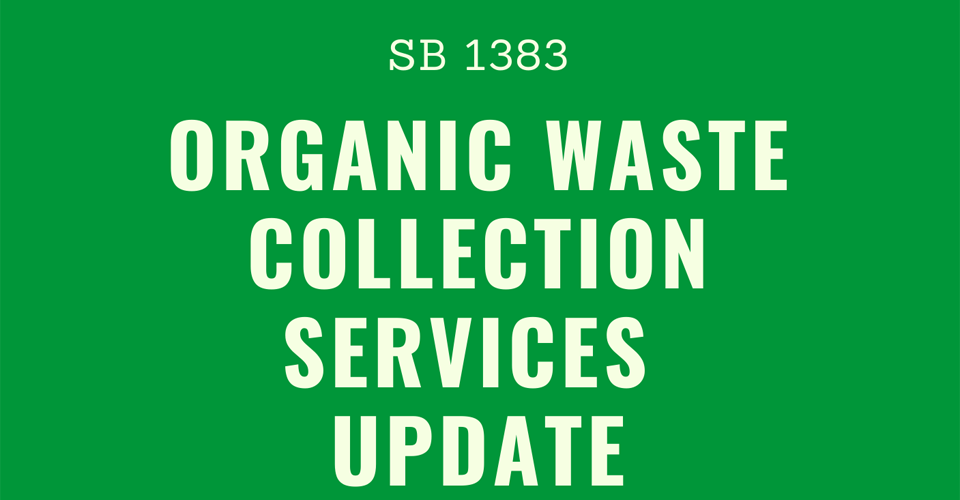
This post was originally published on this site
California Senate Bill 1383 (SB 1383) was enacted to reduce the environmental impacts caused by the release of methane emissions from organic materials decomposing in landfills, as well as to increase statewide edible food recovery efforts beginning January 1, 2022. California landfills remain the third-largest source of methane emissions in the state, contributing to twenty percent of the state’s total methane emissions. Organic waste makes up half of Californians’ total waste in landfills. Organic waste includes meat, bones, dairy, fruit and vegetable scraps, food-soiled paper such as napkins and paper towels, yard clippings, and more.
In December 2021, the Irvine City Council adopted a mandatory recycling and organics collection ordinance to comply with the requirements of SB 1383. Under this ordinance and state law, all residential and commercial customers must subscribe to an organic waste collection program. Commercial customers, including multi-family complexes that are five units or more, will likely begin receiving organic waste containers in early 2022.
The City is in the process of working with Waste Management on an updated agreement to provide organic waste collection services to single-family homes in Irvine. The revised agreement is expected to be presented before the City Council in spring, and, if approved, implementation of the new organic waste collection program is anticipated to begin this summer.
Commercial businesses, multi-family residents, and single-family residents should not change the way they dispose of their organic waste until they are notified by their respective waste hauler to do so.
For more information, visit cityofirvine.org/SB1383, call 949-724-7669, or email environmentalprograms@cityofirvine.org.






